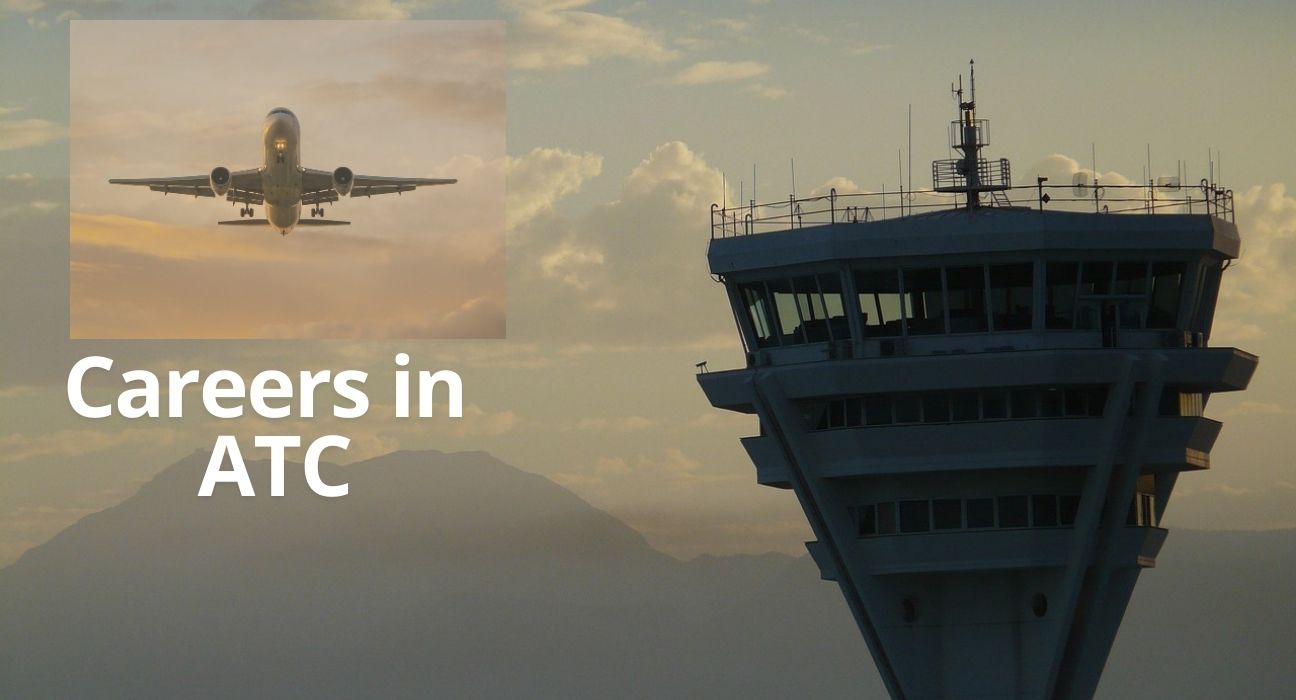Introduction to Air Traffic Management
Air traffic control is essential in managing the safe and efficient movement of aircraft both in the air and on the ground. As global air traffic continues to grow, so does the need for proficient air traffic controllers. These experts are tasked with preventing collisions, streamlining the flow of aircraft, and offering crucial information and assistance to pilots. The role demands intense focus and the ability to make rapid decisions under pressure, making it both challenging and highly rewarding. Controllers must also coordinate with various aviation personnel to ensure smooth operations and uphold stringent safety standards.
Educational Prerequisites
To pursue a career in air traffic control in the UK, certain academic qualifications are required. Generally, candidates need at least five GCSEs at grade C/4 or above, including English and Maths. Although not always mandatory, A-levels or equivalent qualifications can be beneficial.
Specialised training is crucial, and prospective controllers must complete a course accredited by the National Air Traffic Services (NATS) or a similarly recognised body. Degrees or courses in fields such as aviation management, transport studies, or engineering can provide a solid foundation and improve competitiveness.
In addition to formal education, candidates must pass a series of aptitude tests and assessments to evaluate their suitability for the role. These tests often focus on numerical ability, spatial awareness, and multi-tasking skills. Once the educational and testing requirements are met, candidates can then proceed to the rigorous training programmes necessary for certification.
Necessary Skills and Qualities
Strong communication skills are vital for constant interaction with pilots and personnel. The ability to stay calm under pressure and make quick decisions is paramount. Controllers need excellent spatial awareness and attention to detail to interpret radar and visual data accurately. Problem-solving skills and the capacity to handle multiple tasks at once are crucial. Being a team player and having a sense of responsibility are advantageous.
Training Programme
The training programme for air traffic controllers is divided into several stages. Initially, candidates go through basic training, which combines theoretical lessons with practical exercises in simulators. This phase can last several months, depending on the programme. Following basic training, trainees move on to on-the-job training, working alongside experienced controllers at an air traffic control centre. This hands-on experience is essential for honing the skills needed for independent operation. Throughout their training, candidates are continuously assessed to ensure they meet the required standards for performance and safety. Only after successfully completing all stages of training do candidates become fully certified air traffic controllers.
Application Procedure
Thorough preparation is key when applying for a position as an air traffic controller. Researching organisations like NATS or Eurocontrol is advisable to find suitable opportunities and understand their specific requirements. Crafting a detailed CV that highlights relevant skills and experiences, especially those pertaining to communication, problem-solving, and multi-tasking, can significantly bolster an application.
Aptitude tests are a critical component of the selection process, designed to assess numerical ability, spatial awareness, and multi-tasking capabilities. Practising these types of assessments beforehand can improve performance and increase the chances of progressing to the next stage.
Successful applicants may then be invited to interviews and assessment centres, where they will undergo further evaluations, including situational judgment tests and practical exercises. During these assessments, demonstrating a clear understanding of the responsibilities of an air traffic controller and showing a strong commitment to maintaining safety standards is crucial.
In addition, candidates should be prepared to discuss any previous experiences that demonstrate their ability to perform under pressure and work effectively in a team.
While the application process is demanding, thorough preparation and a strong demonstration of the required skills and attributes can lead to success in securing a position as an air traffic controller.
Career Progression
With experience, controllers can move into roles with greater responsibility, such as supervisor or team leader positions. Some may specialise in specific areas, including radar or approach control. Continuous professional development is encouraged, with options to attend further training courses and workshops to enhance skills and knowledge.
Additionally, experienced controllers have opportunities to transition into training roles, helping to educate the next generation of air traffic controllers. There are also pathways to move into management positions within the aviation industry. Engaging in these professional growth avenues not only broadens one’s expertise but also opens doors to diverse career opportunities.
Obstacles and Benefits
The profession of an air traffic controller poses several challenges. The nature of the job demands a high level of concentration and precision, where even minor errors can have significant repercussions. The intensity of the role can lead to considerable stress, as controllers must continuously monitor multiple aircraft and make swift decisions to maintain safety. Additionally, the job often requires shift work, including nights, weekends, and holidays, which can disrupt personal routines and affect work-life balance.
Despite these hurdles, the position also offers numerous rewards. Air traffic controllers play a vital role in ensuring the safety and efficiency of air travel, providing a deep sense of accomplishment and purpose. The profession offers competitive remuneration packages, which typically include a generous salary, pension schemes, and various other benefits such as healthcare and paid leave. The satisfaction derived from contributing to the safety of countless passengers daily adds to the intrinsic rewards of the job.
Moreover, the career path in air traffic control offers ample opportunities for growth and advancement. With experience, controllers can move into senior roles, including supervisory and management positions. There are also opportunities to specialise in different aspects of air traffic control, such as approach or radar control. Continuous professional development is encouraged, allowing controllers to attend additional training courses and workshops to further enhance their skills and expertise.
The profession also opens avenues for experienced controllers to transition into educational roles, where they can contribute to training new recruits. Engaging in these roles not only broadens one’s skill set but also provides diverse career opportunities within the aviation sector.
In summary, while the role of an air traffic controller comes with its share of challenges, the benefits and rewards it offers make it a fulfilling and worthwhile career choice for those with the dedication and resilience to succeed.








Leave feedback about this